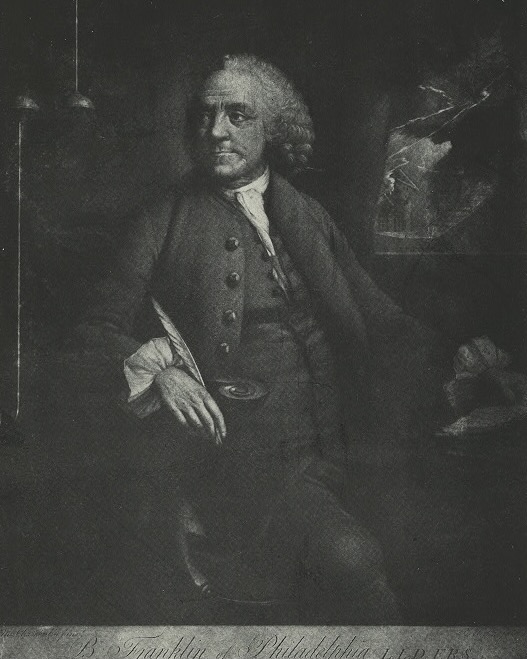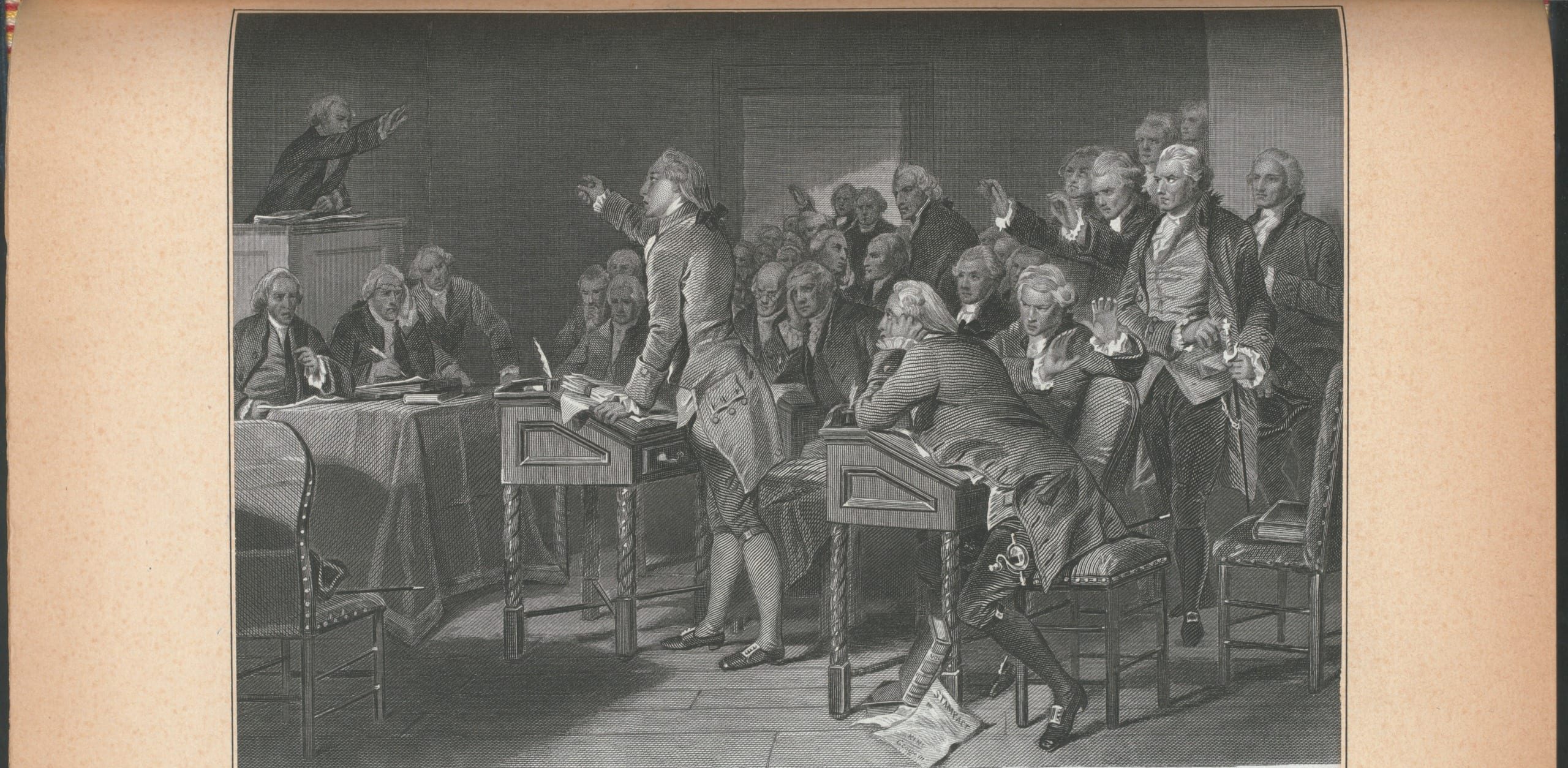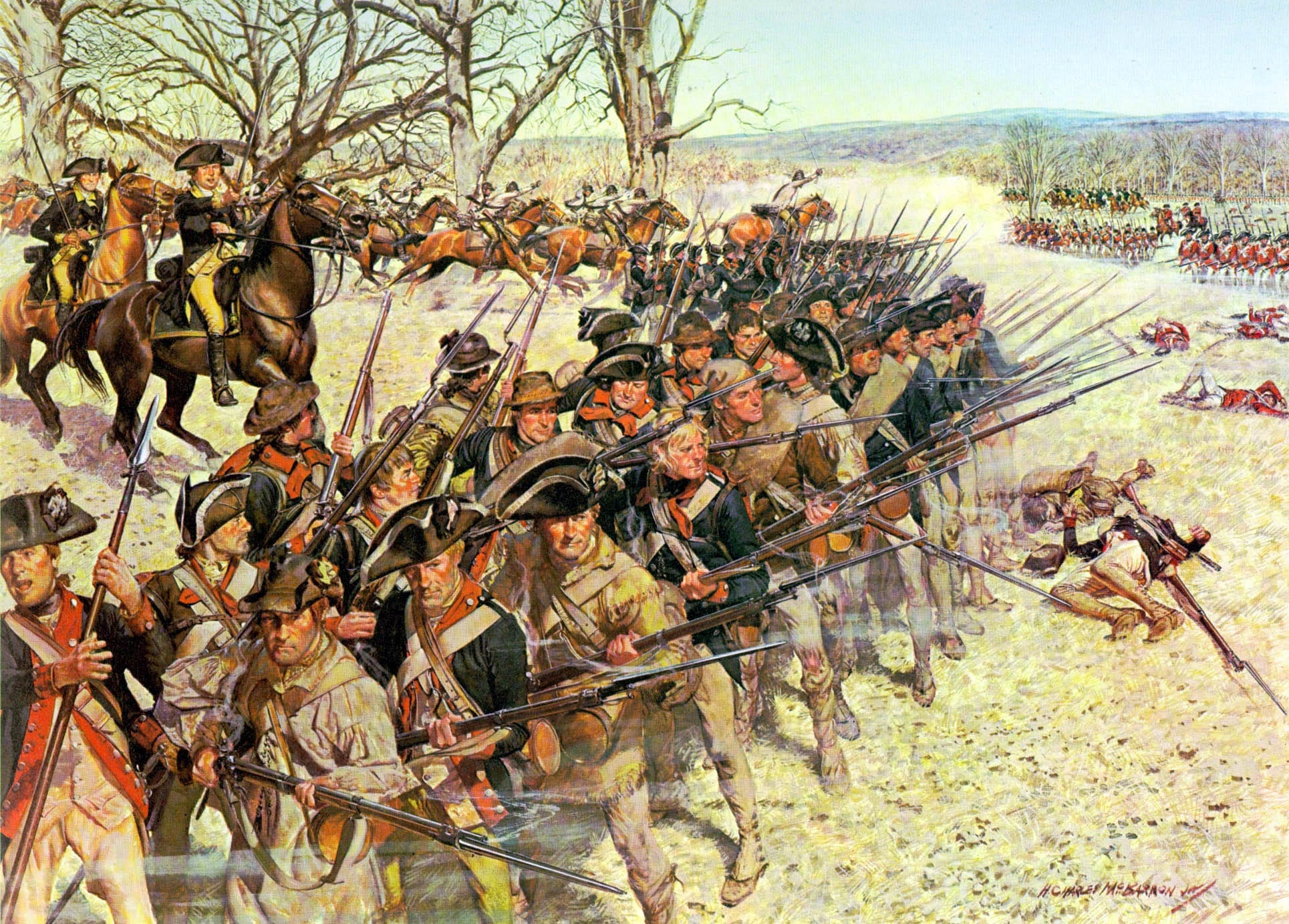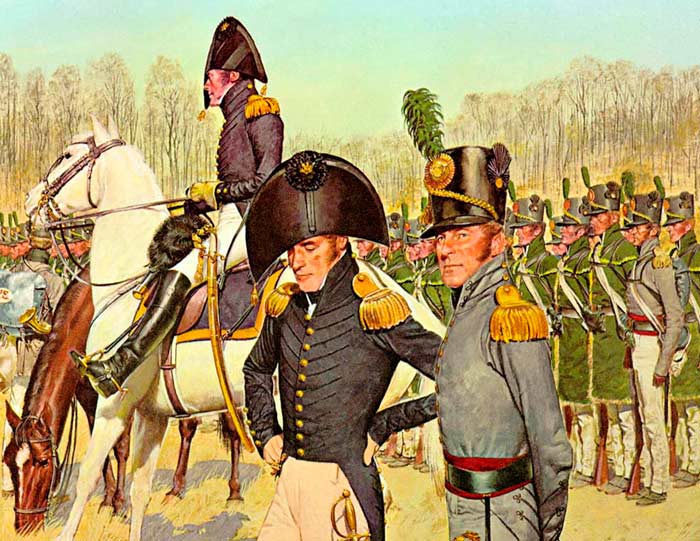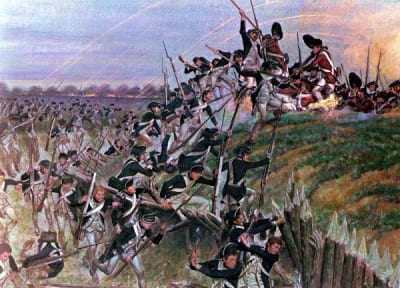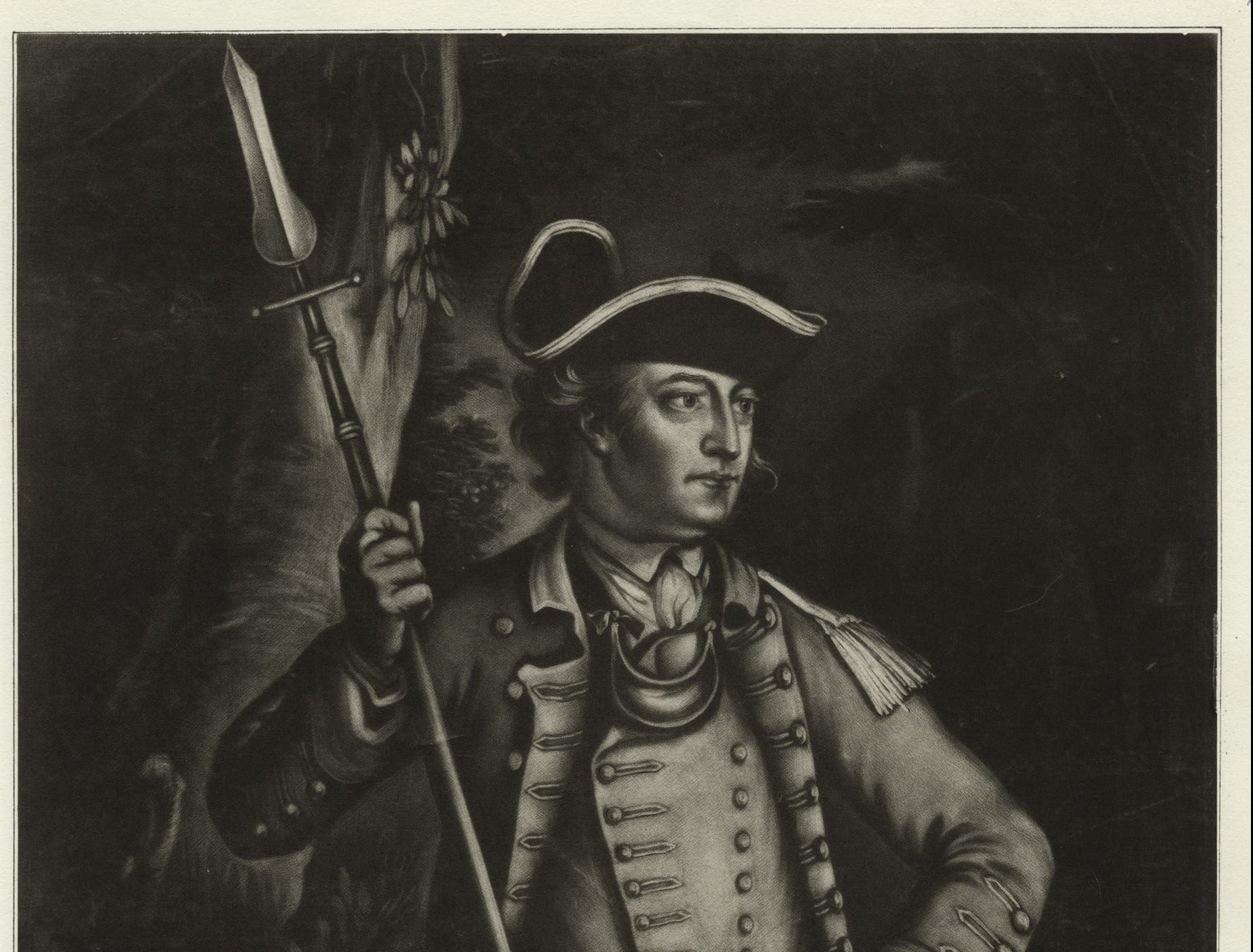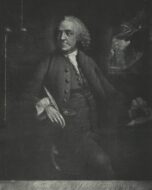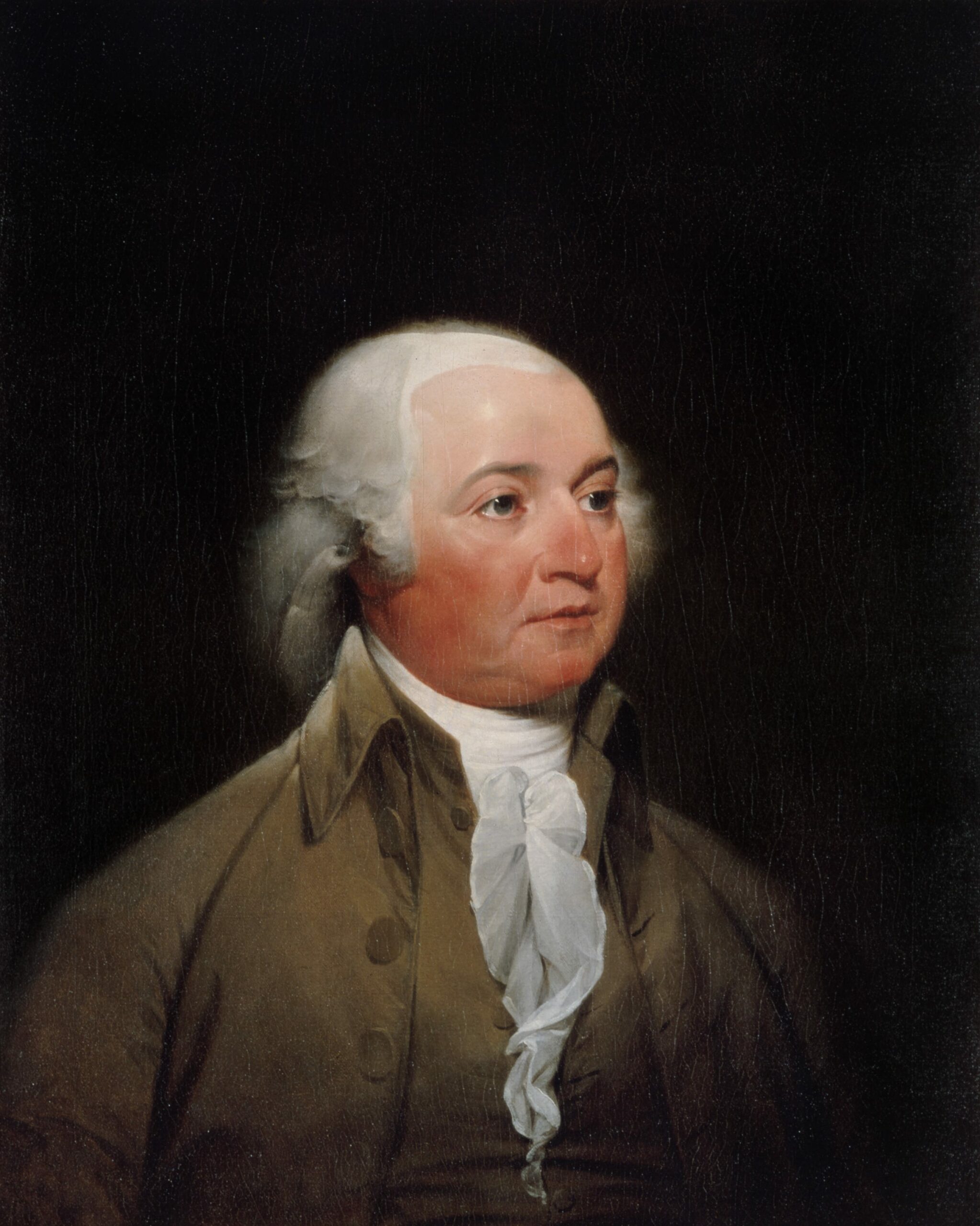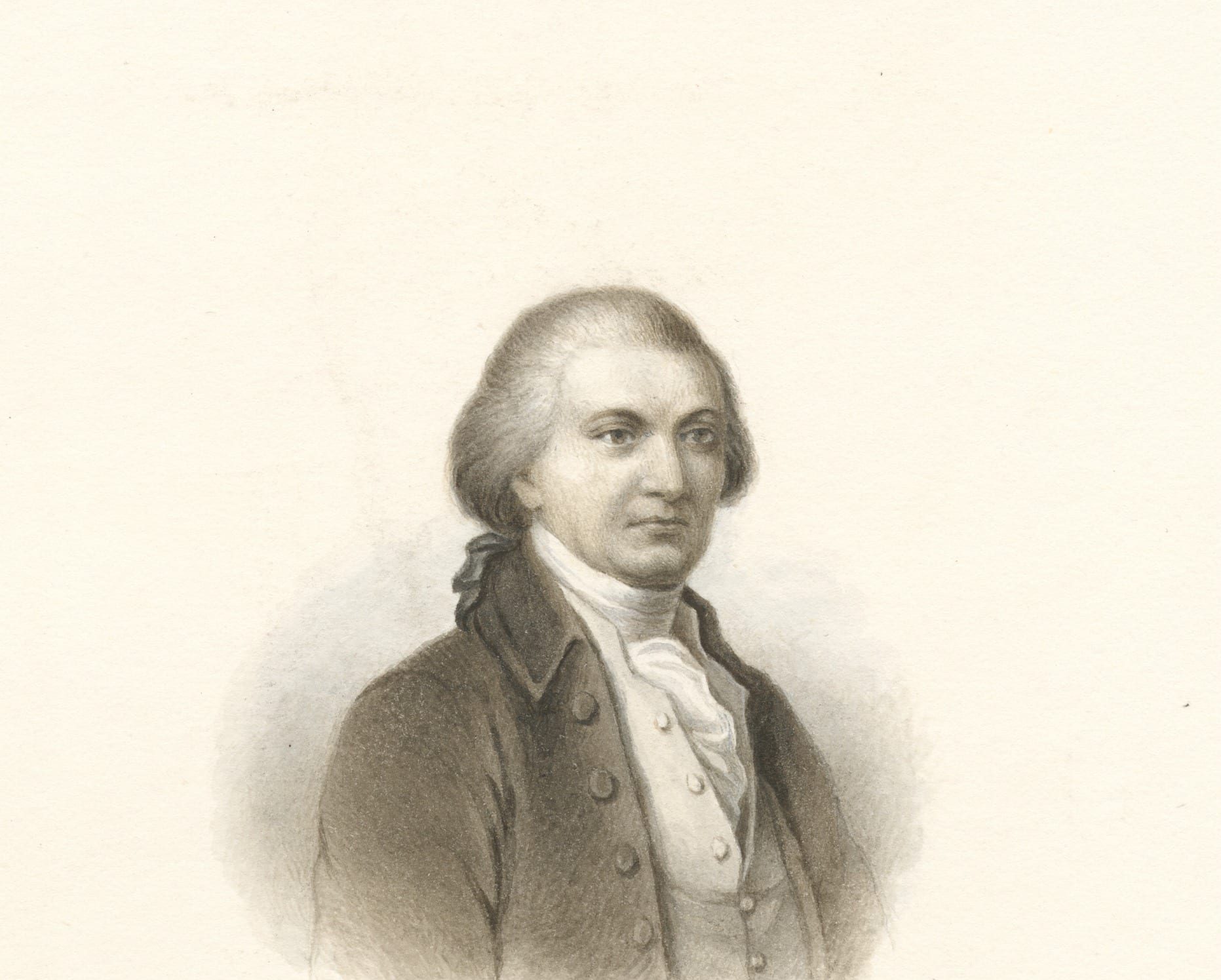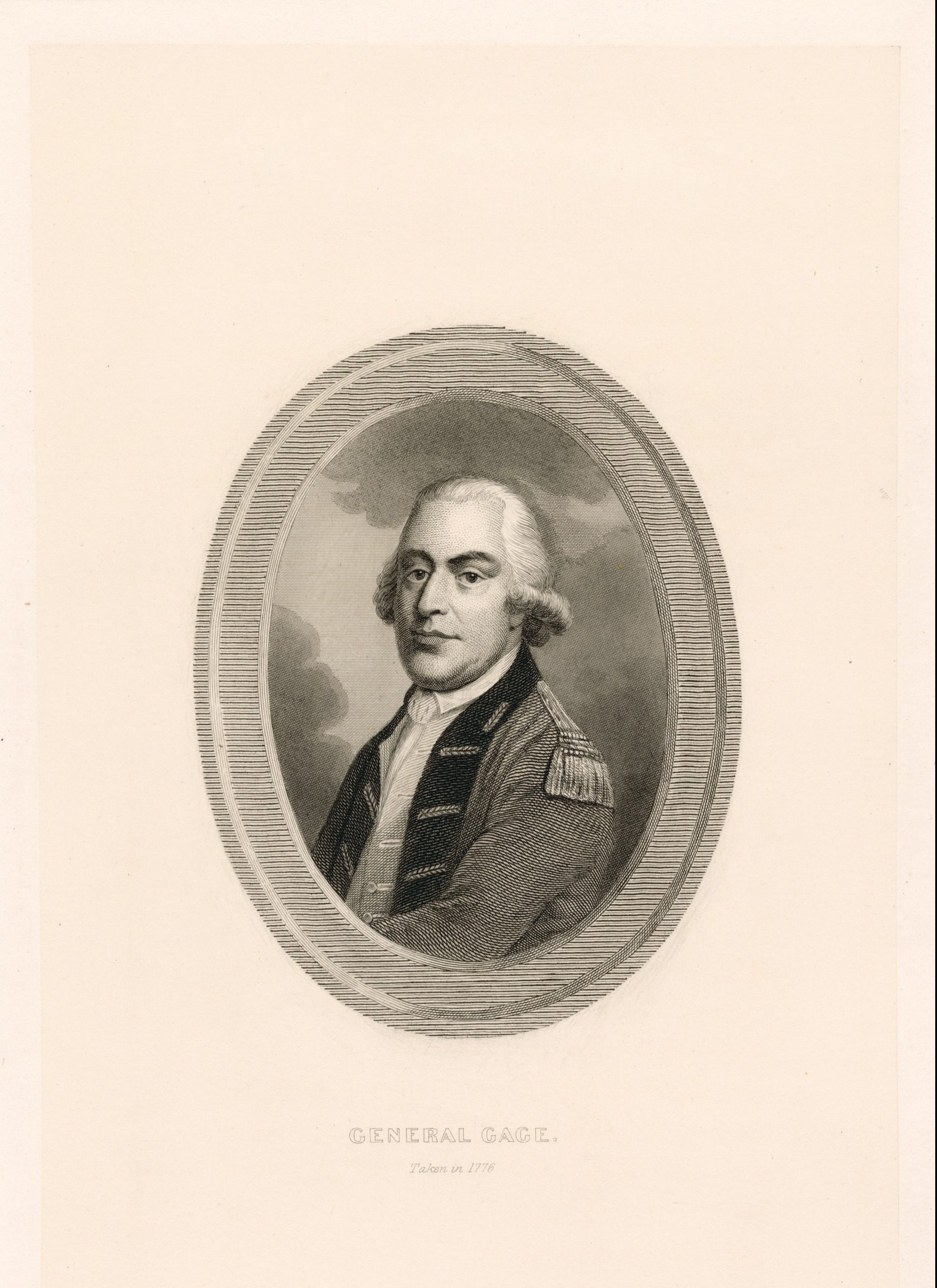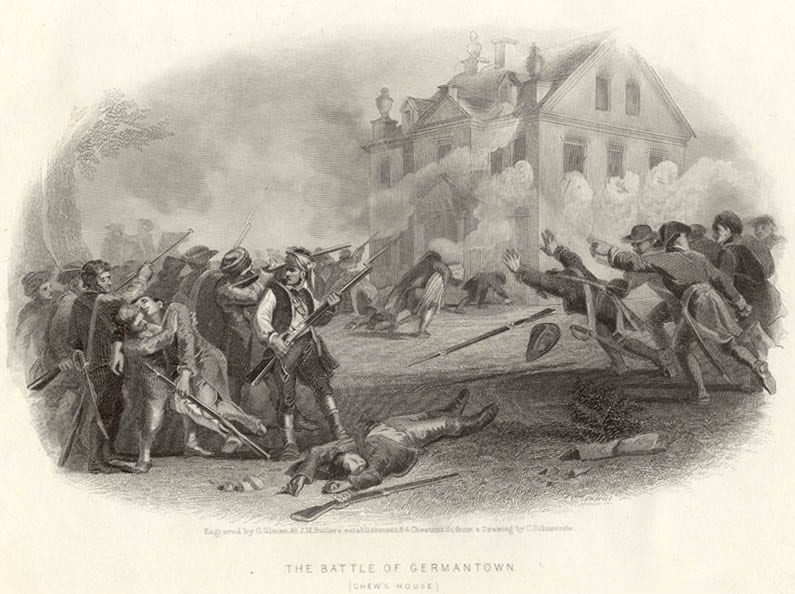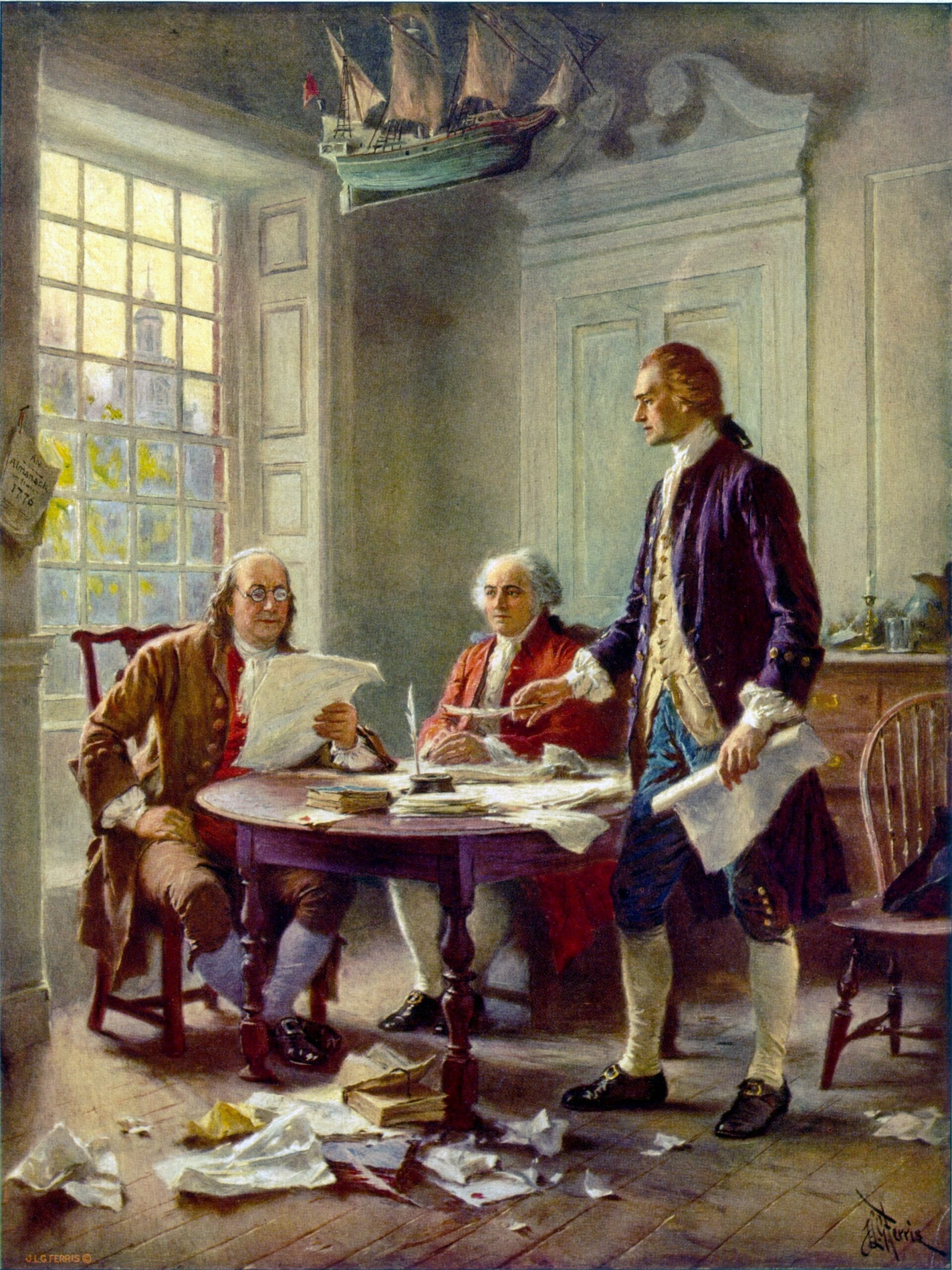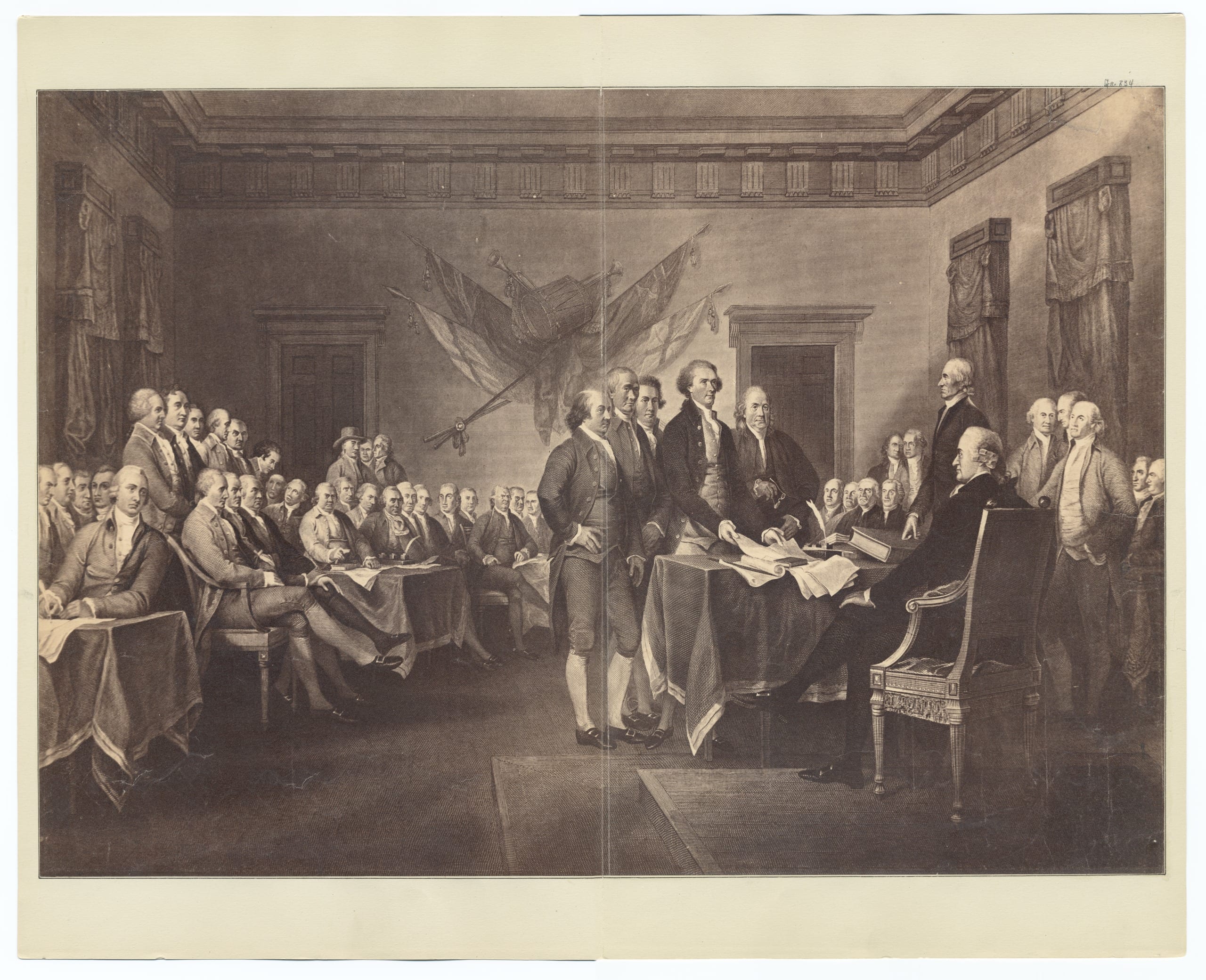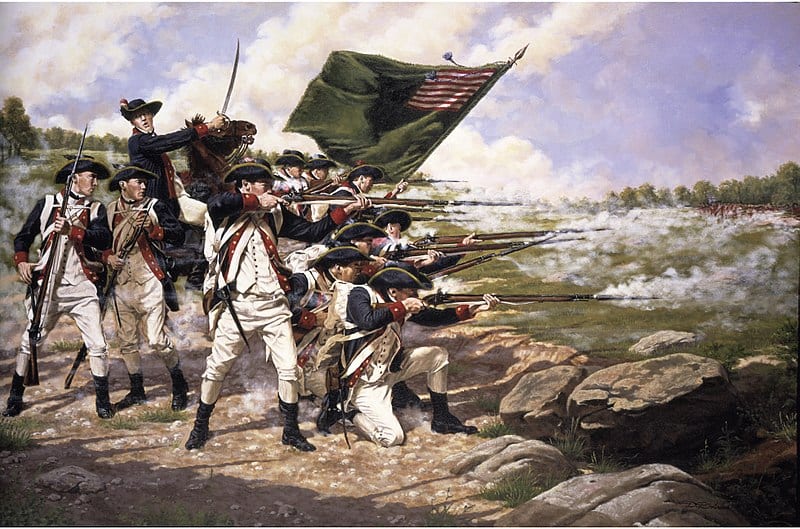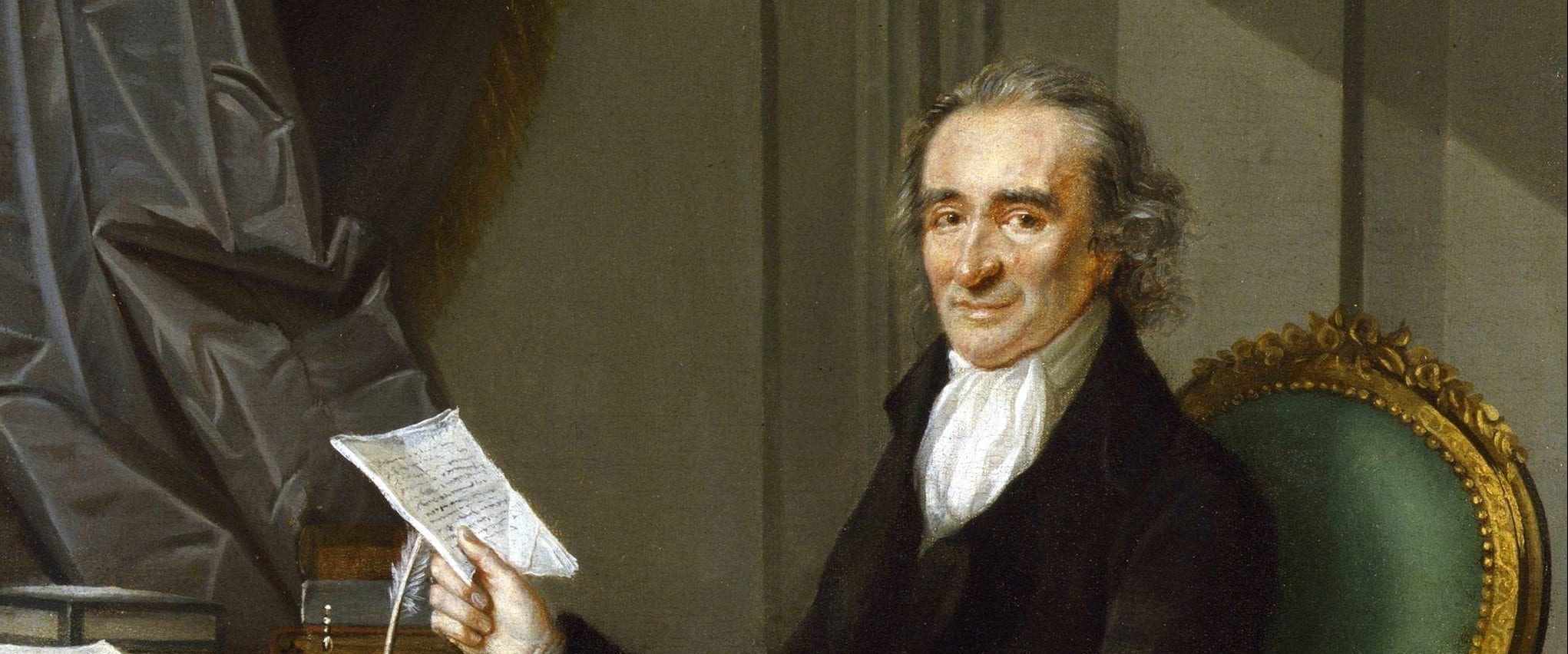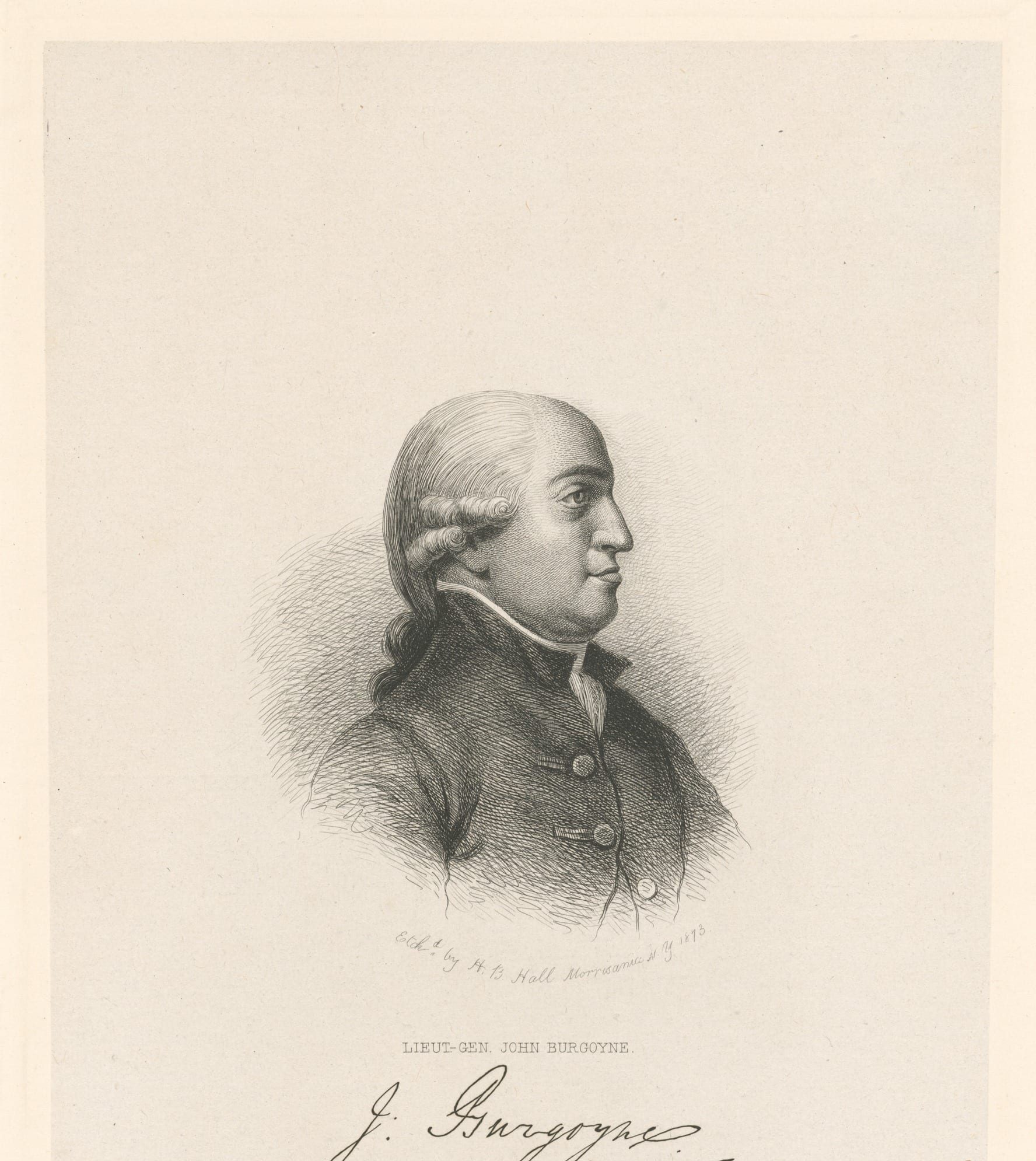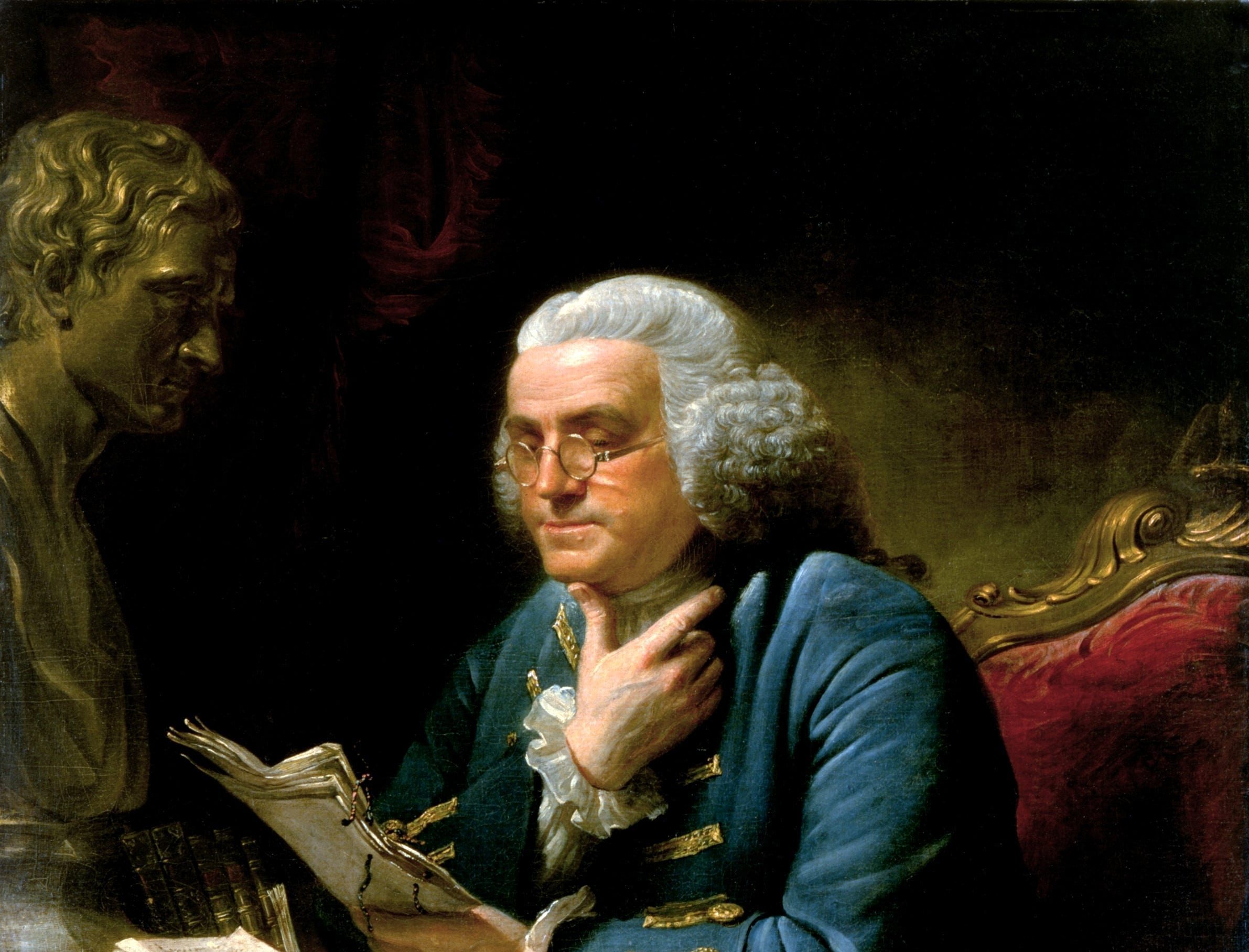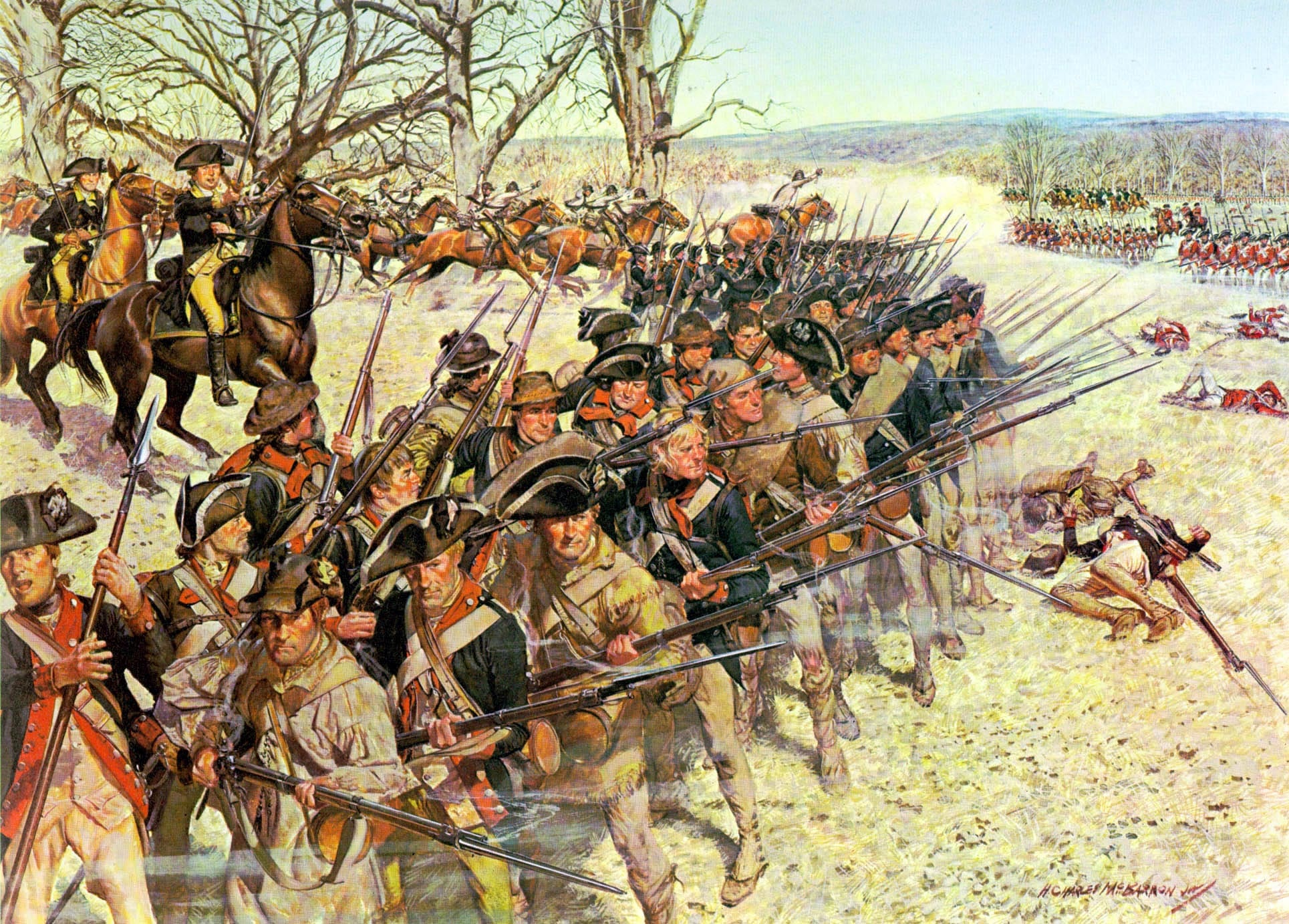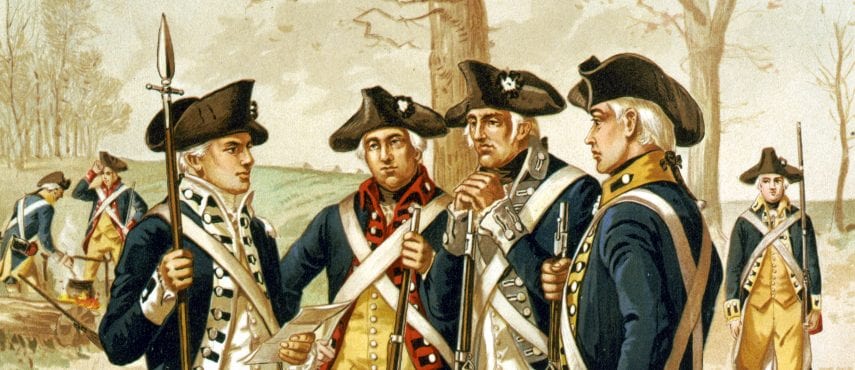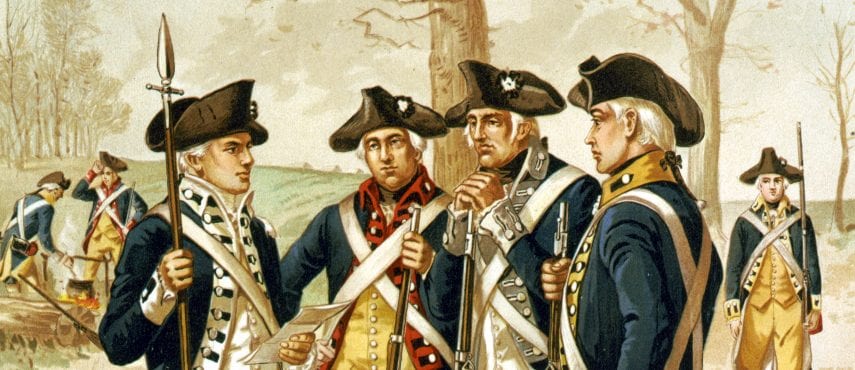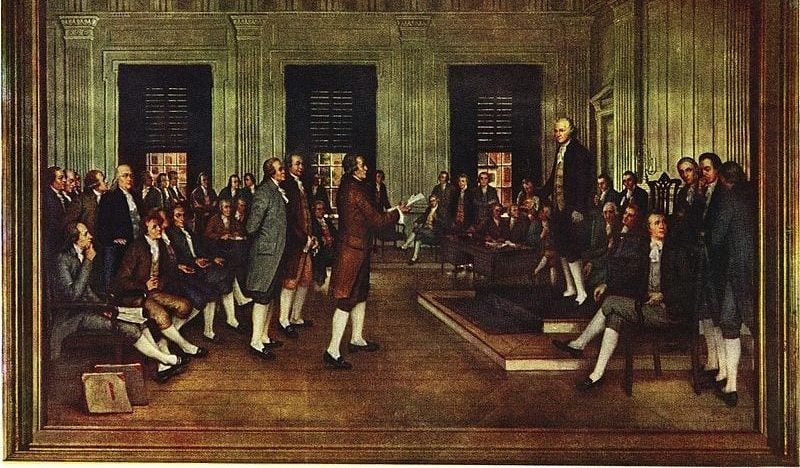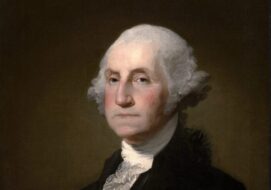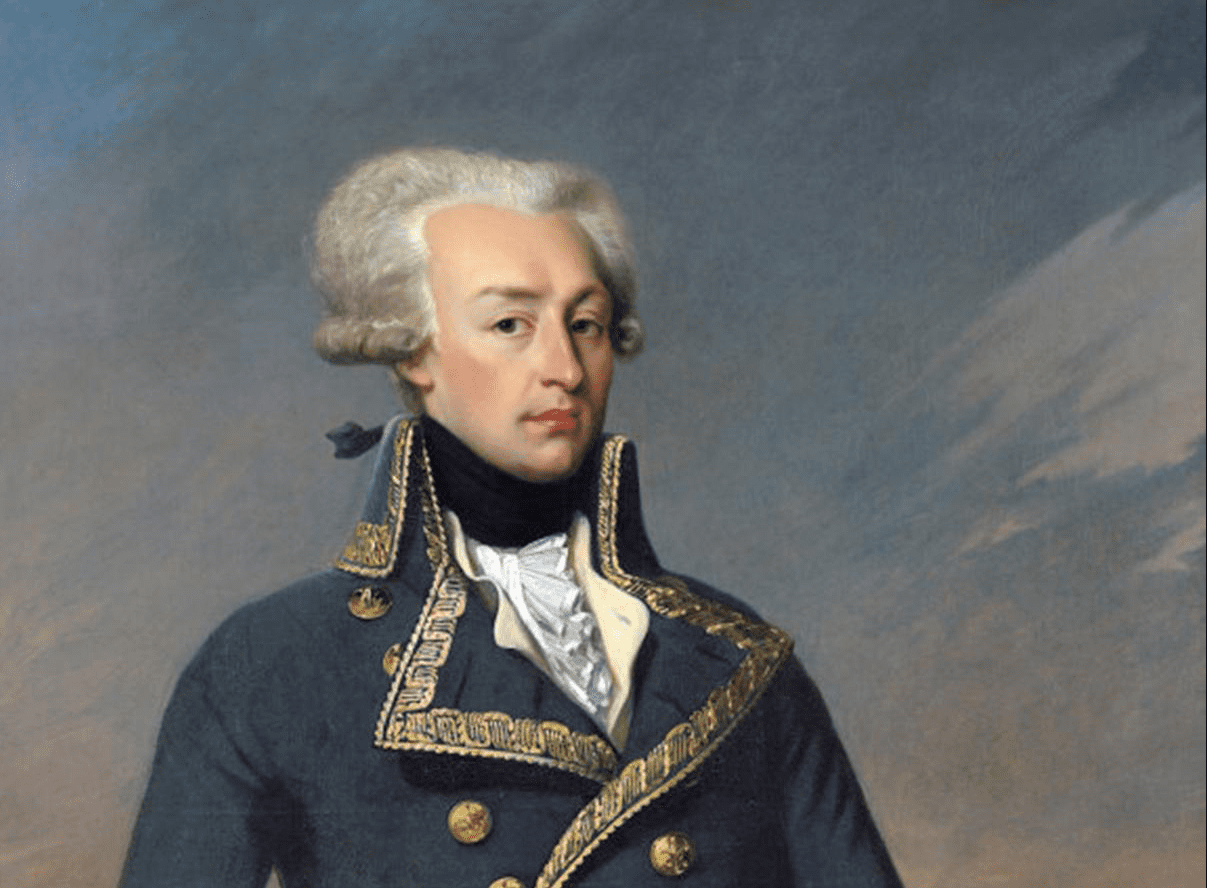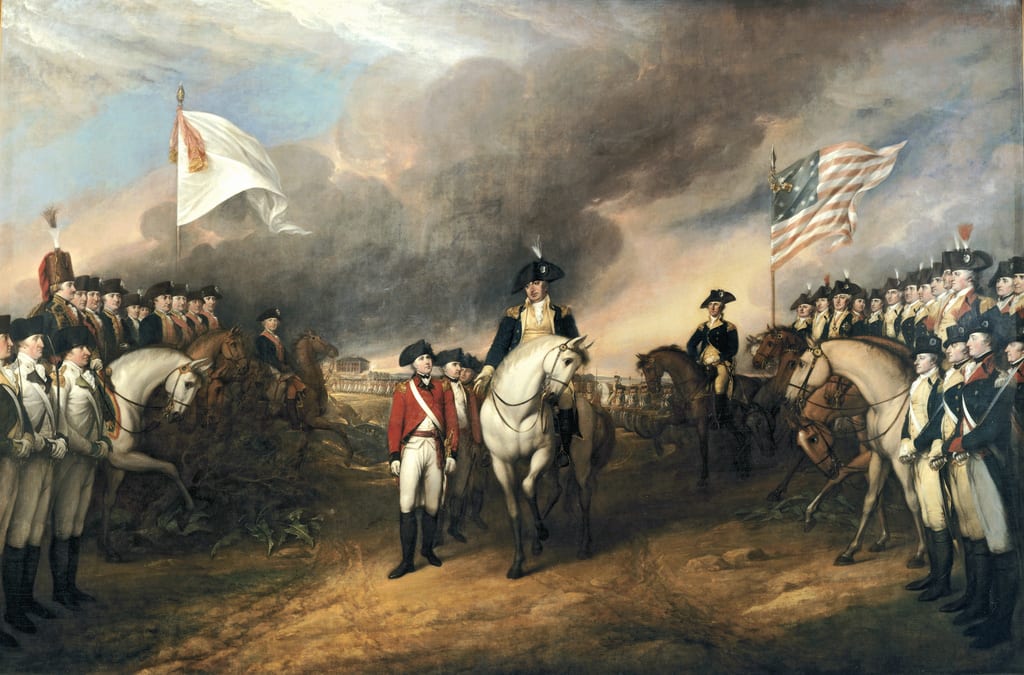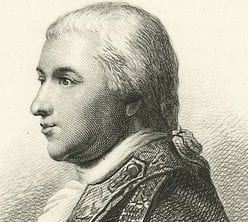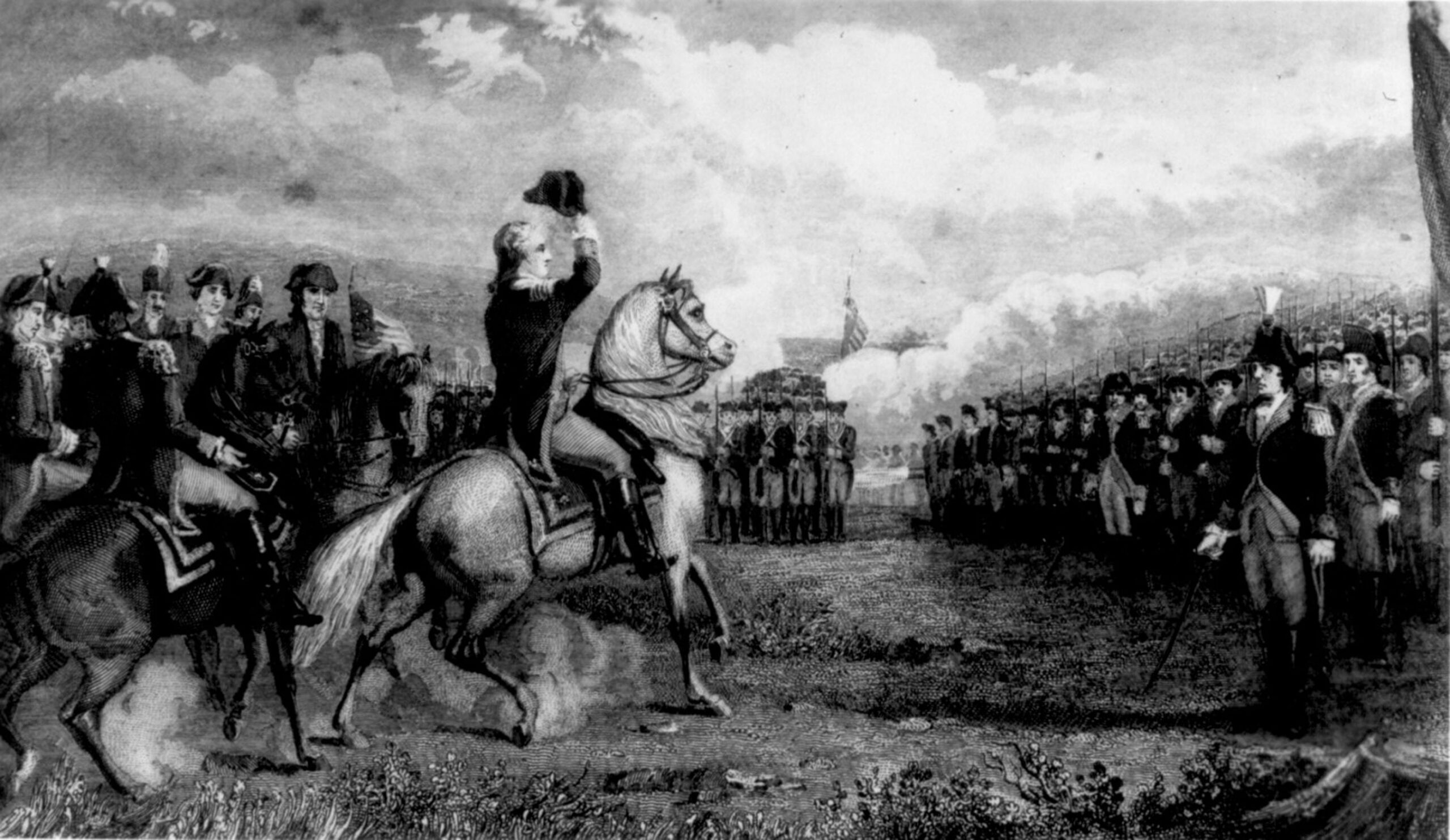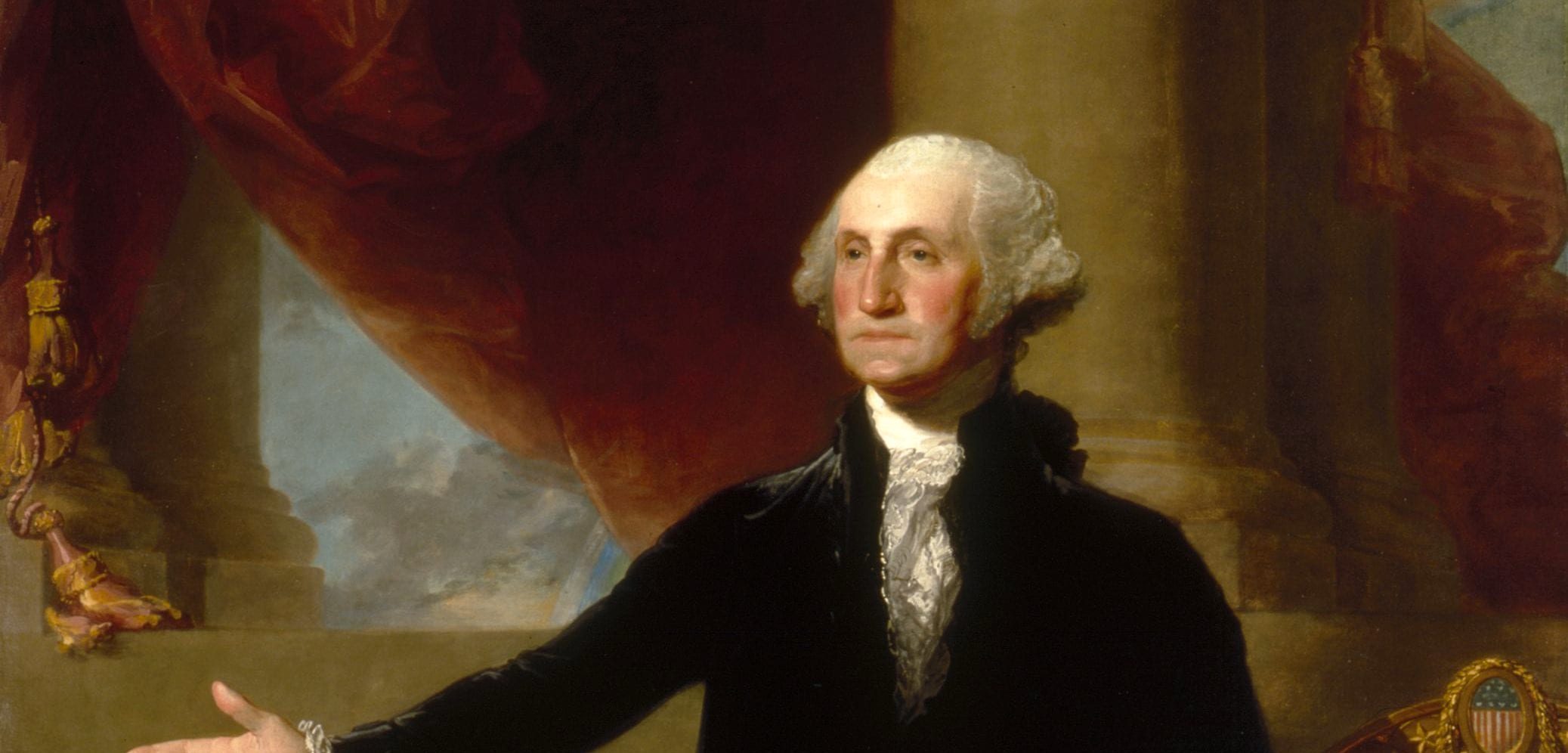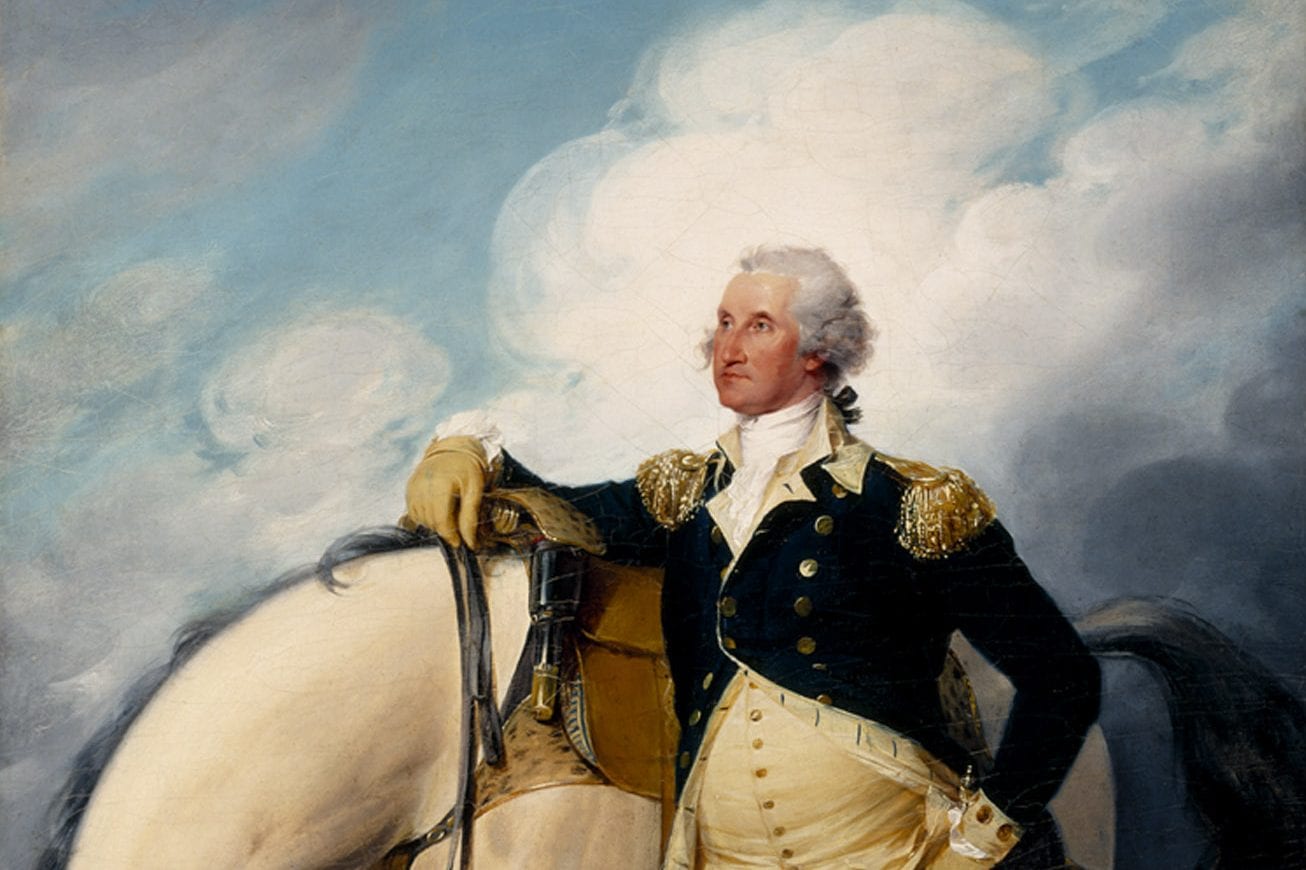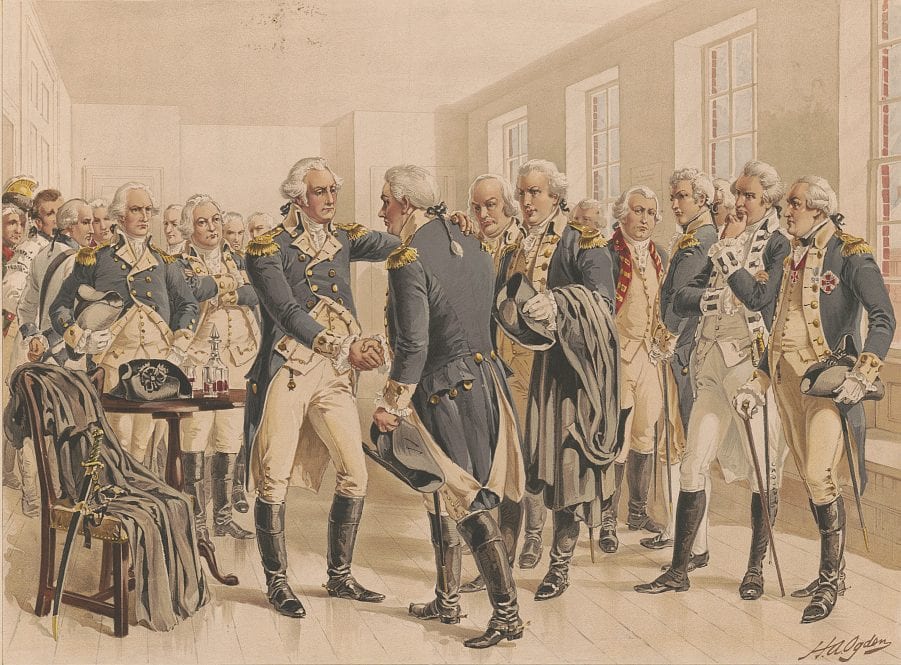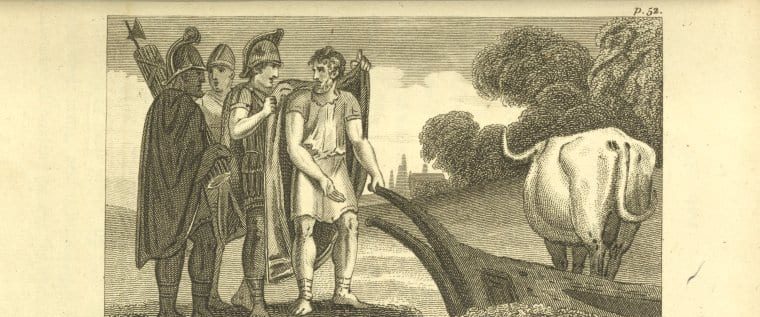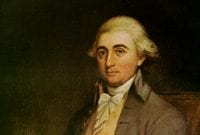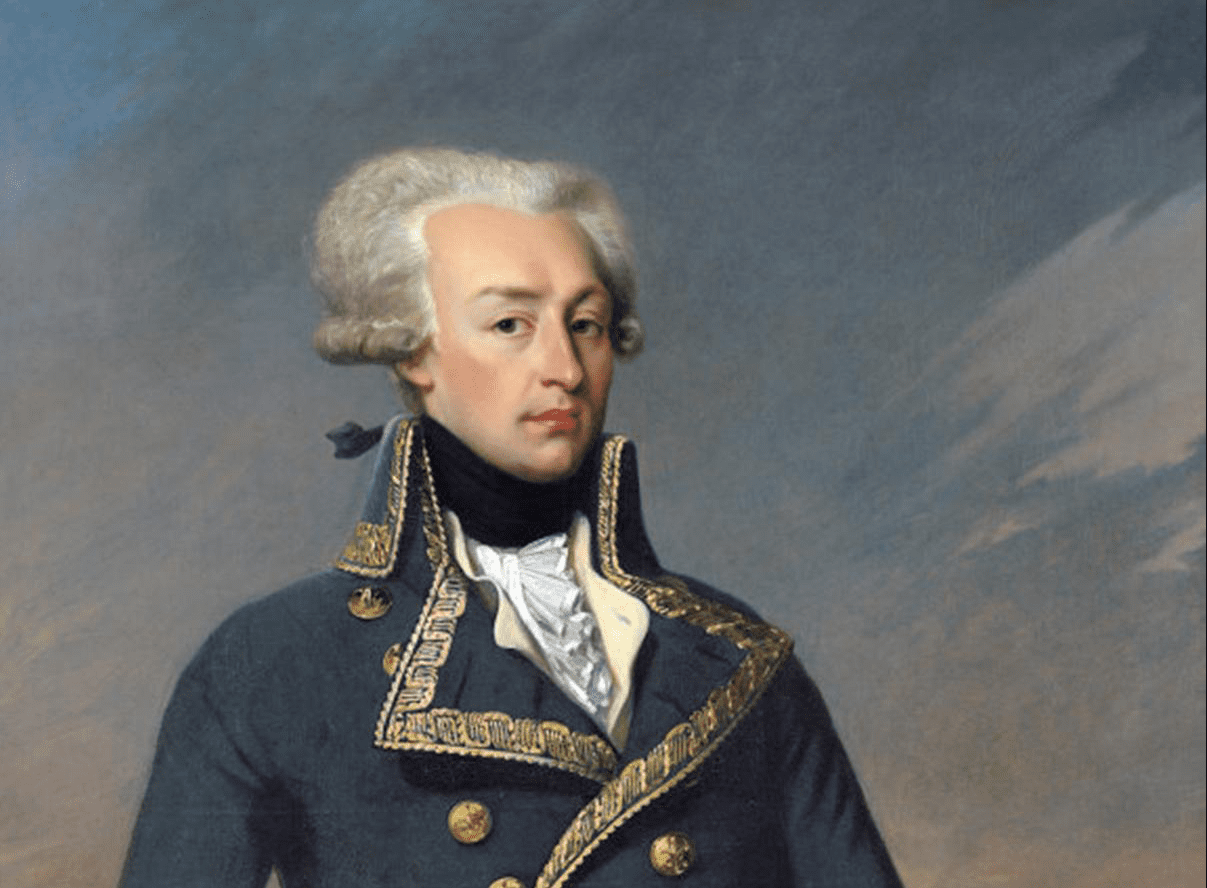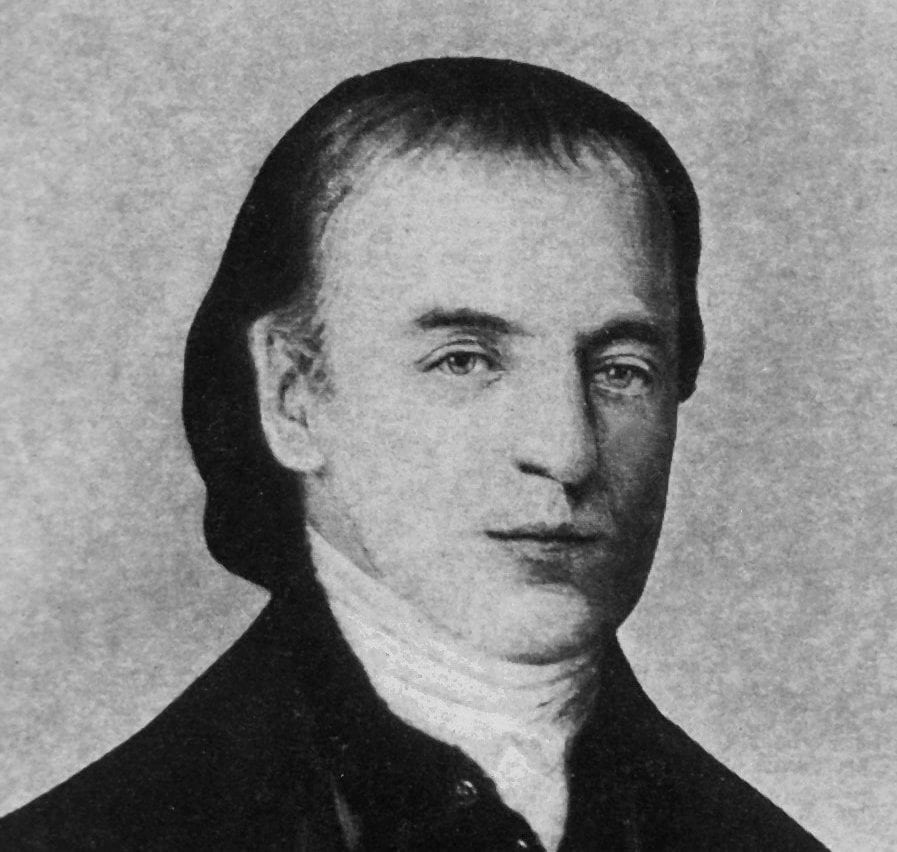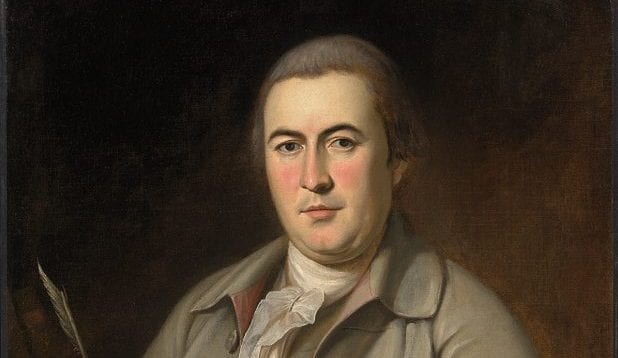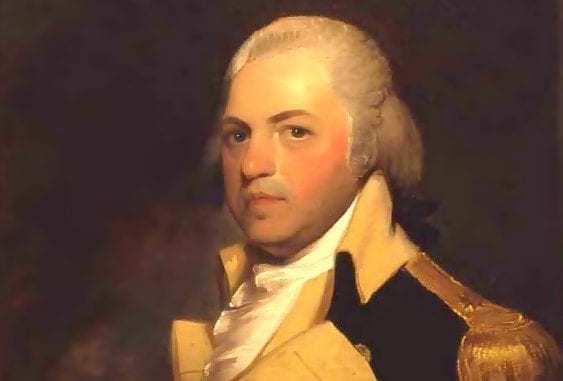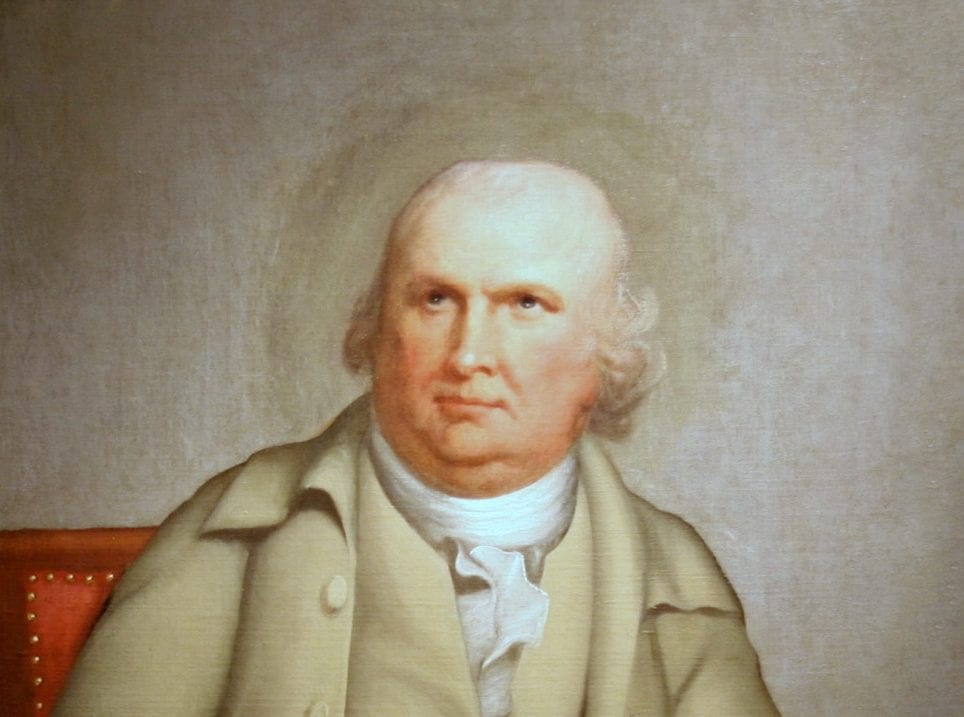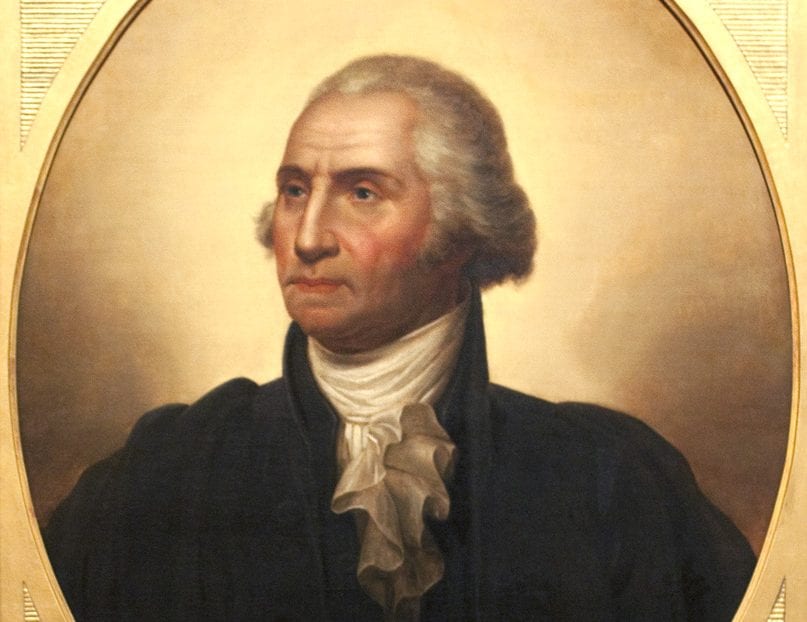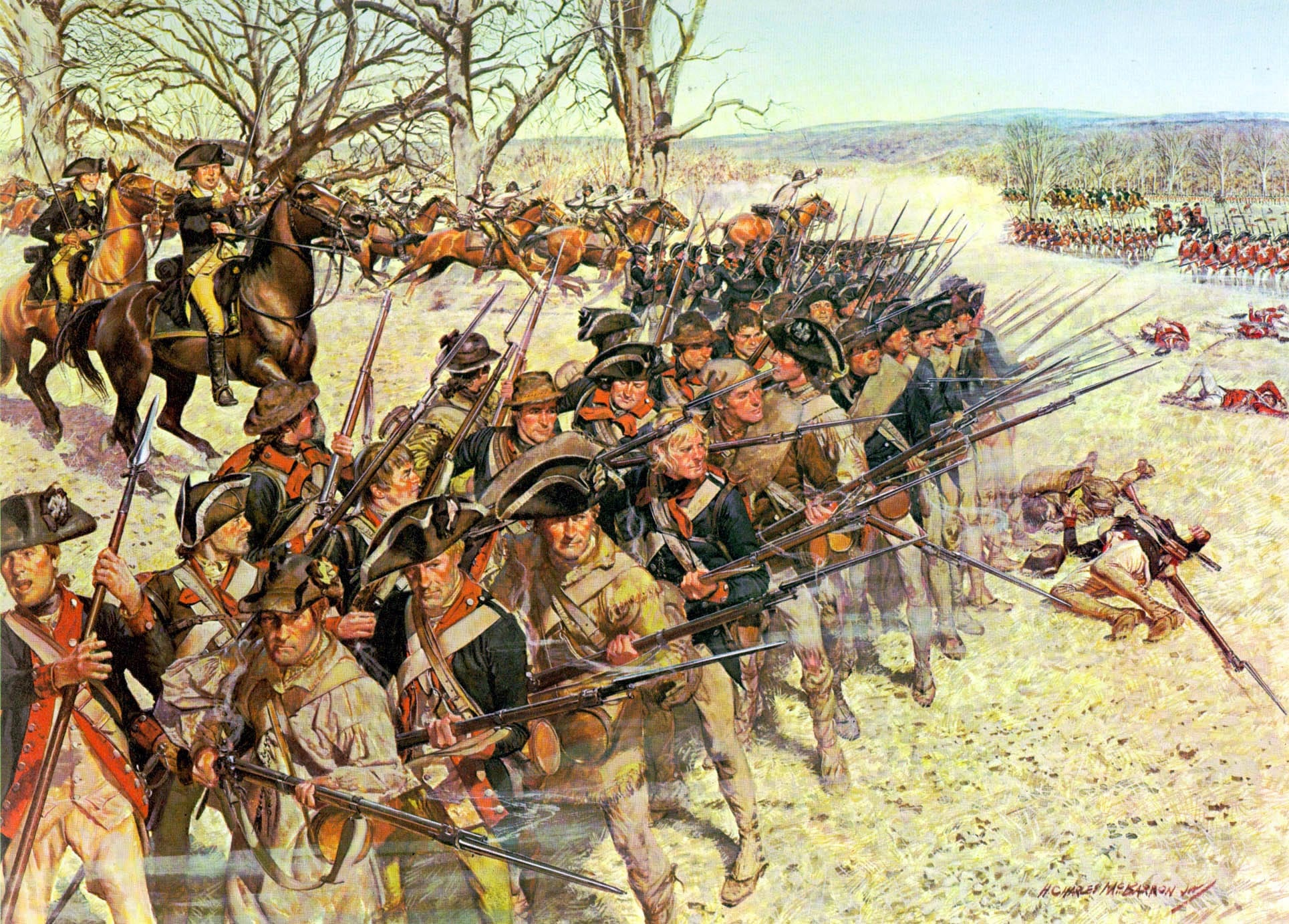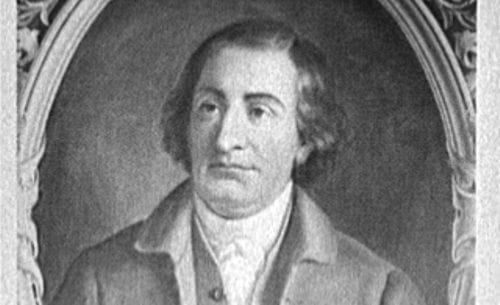In the early stages of the American Revolution, the Second Continental Congress created the Committee of Secret Correspondence. The original committee members were Benjamin Franklin, John Jay, John Dickinson, Benjamin Harrison, and Thomas Johnson. The committee’s primary role was to build international support for the American struggle for independence by corresponding with “our friends in Great Britain, Ireland, and other parts of the world.” The day after the committee was formed, its members wrote to Arthur Lee (1740–1792), a Virginian living in London at the time, that “our institution is with design to preserve secrecy and thereby secure our friends. … It is considered as of the utmost consequence to the cause of Liberty, that a [foreign] intercourse should be kept up.”
Less than two weeks later, the committee asked Lee to determine the “disposition of foreign powers towards us” and warned him again that “we need not hint that great circumspection and impenetrable secrecy are necessary” for this effort to succeed. Benjamin Franklin was one of the committee’s more active members, using his connections in France and Spain to lobby for support for the rebellious colonists. At the same time, the committee met in Philadelphia with a French intelligence agent, marking the beginning of a covert and eventually overt alliance with the French government that would prove to be critical to the success of the “Glorious Cause.”
—Stephen F. Knott


